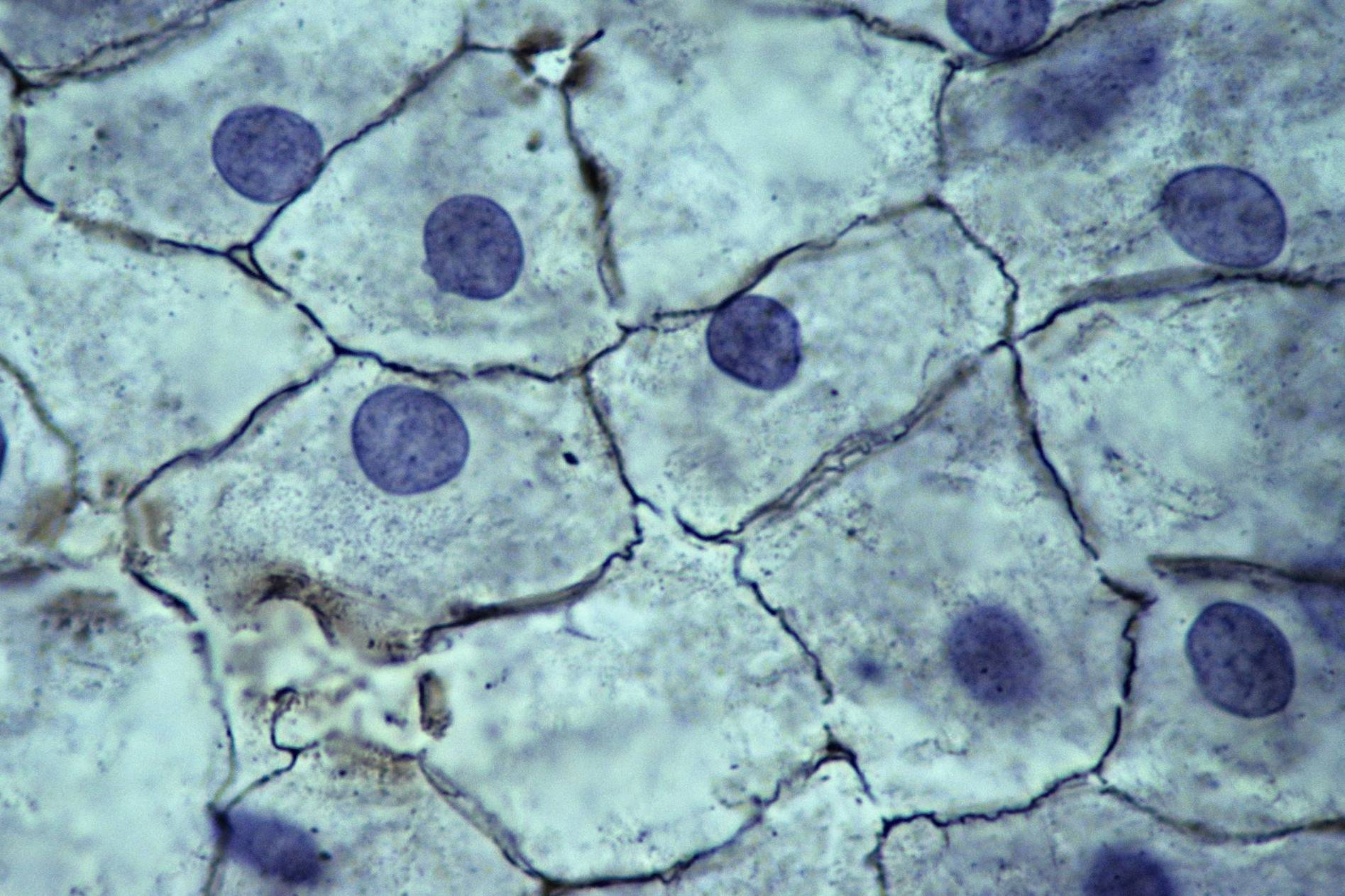
What is the mesothelium? The mesothelium is a thin layer of tissue covering most internal organs, including the lungs, heart, and abdominal organs. This protective membrane plays a crucial role in producing lubricating fluid, allowing organs to move smoothly against each other. Why should you care about the mesothelium? Understanding this tissue is vital because damage or disease affecting it, like mesothelioma, can have serious health implications. Mesothelioma is a rare but aggressive cancer linked to asbestos exposure. How does it function? The mesothelium consists of mesothelial cells that form a slippery, non-adhesive, and protective surface. This helps reduce friction and supports organ function. Want to know more? Keep reading to uncover 30 fascinating facts about the mesothelium, its functions, and its importance to your health.
What is Mesothelium?
The mesothelium is a thin layer of tissue that covers most of your internal organs. It plays a crucial role in protecting and supporting these organs. Let's dive into some fascinating facts about this essential tissue.
- The mesothelium is made up of a single layer of flat cells.
- It forms a protective lining around the lungs, heart, and abdominal organs.
- This tissue helps produce a lubricating fluid that allows organs to move smoothly against each other.
- The mesothelium is divided into three main parts: the pleura (lungs), peritoneum (abdomen), and pericardium (heart).
- Mesothelial cells can regenerate, which helps in healing injuries.
Functions of the Mesothelium
The mesothelium does more than just cover organs. It has several important functions that keep our bodies running smoothly.
- It acts as a barrier to protect organs from infections and injuries.
- The lubricating fluid it produces reduces friction between organs during movement.
- Mesothelial cells can absorb and transport fluids and particles.
- It plays a role in immune responses by producing molecules that fight infections.
- The mesothelium helps in the repair and regeneration of damaged tissues.
Mesothelium and Diseases
While the mesothelium is vital for our health, it can also be involved in some serious diseases.
- Mesothelioma is a rare but aggressive cancer that affects the mesothelium.
- Asbestos exposure is the primary cause of mesothelioma.
- Symptoms of mesothelioma include chest pain, shortness of breath, and abdominal swelling.
- Early diagnosis of mesothelioma can improve treatment outcomes.
- Other diseases affecting the mesothelium include peritonitis and pleuritis, which are inflammations of the peritoneum and pleura, respectively.
Research and Discoveries
Scientists continue to study the mesothelium to understand its functions better and find new treatments for related diseases.
- Research has shown that mesothelial cells can transform into other cell types, a process called mesothelial-to-mesenchymal transition (MMT).
- Studies are exploring the role of the mesothelium in organ development and repair.
- New therapies targeting mesothelial cells are being developed to treat mesothelioma.
- Researchers are investigating the genetic mutations involved in mesothelioma to find better diagnostic tools.
- Advances in imaging techniques have improved the detection and monitoring of mesothelial diseases.
Interesting Facts about Mesothelium
Here are some lesser-known but intriguing facts about the mesothelium.
- The mesothelium was first described in the 19th century by German pathologist Rudolf Virchow.
- Mesothelial cells have tiny hair-like structures called microvilli that help in fluid absorption.
- The mesothelium is one of the few tissues in the body that can produce both lubricating and adhesive molecules.
- It plays a role in the formation of scar tissue during wound healing.
- Mesothelial cells can communicate with each other through chemical signals to coordinate their functions.
Mesothelium in Animals
The mesothelium is not unique to humans. Many animals also have this important tissue.
- In mammals, the mesothelium covers the same organs as in humans.
- Birds have a similar tissue called the coelomic epithelium that serves the same functions.
- Reptiles and amphibians also have a mesothelium, although its structure can vary.
- Invertebrates like insects and mollusks have a simpler version of the mesothelium.
- Studying the mesothelium in different animals helps scientists understand its evolution and functions better.
Mesothelium: The Final Word
Mesothelium, a thin layer of tissue, plays a crucial role in protecting our internal organs. Found in the chest, abdomen, and around the heart, it helps organs move smoothly. This tissue can be affected by diseases like mesothelioma, a rare but serious cancer often linked to asbestos exposure. Early detection and treatment are key to managing this condition. Understanding mesothelium's function and risks can lead to better health outcomes.
Remember, knowledge about mesothelium isn't just for medical professionals. Everyone can benefit from knowing how their body works. Stay informed, stay healthy, and always consult healthcare providers if you have concerns. Mesothelium might be a small part of our anatomy, but its impact is significant. Keep this information handy, and share it with others. Knowledge is power, especially when it comes to our health.
Was this page helpful?
Our commitment to delivering trustworthy and engaging content is at the heart of what we do. Each fact on our site is contributed by real users like you, bringing a wealth of diverse insights and information. To ensure the highest standards of accuracy and reliability, our dedicated editors meticulously review each submission. This process guarantees that the facts we share are not only fascinating but also credible. Trust in our commitment to quality and authenticity as you explore and learn with us.
